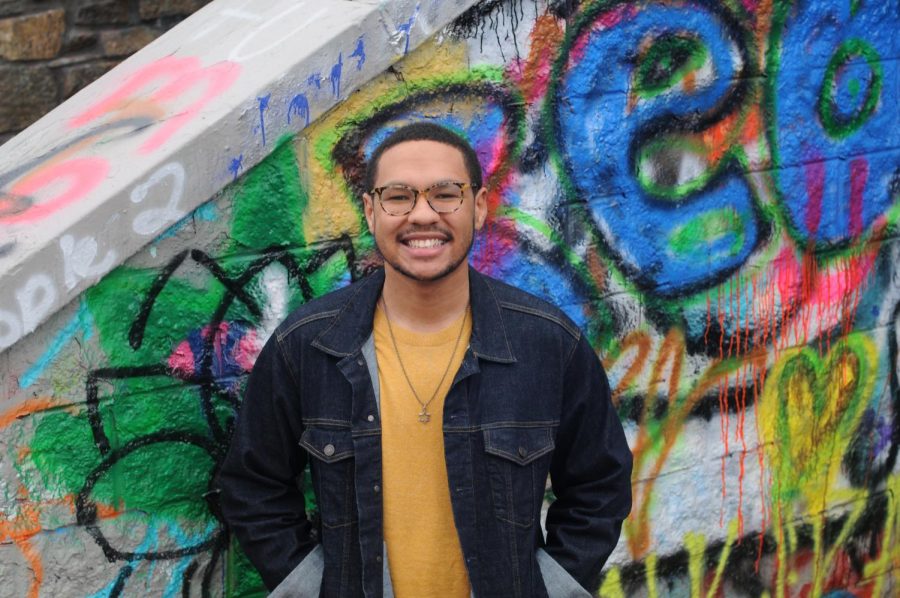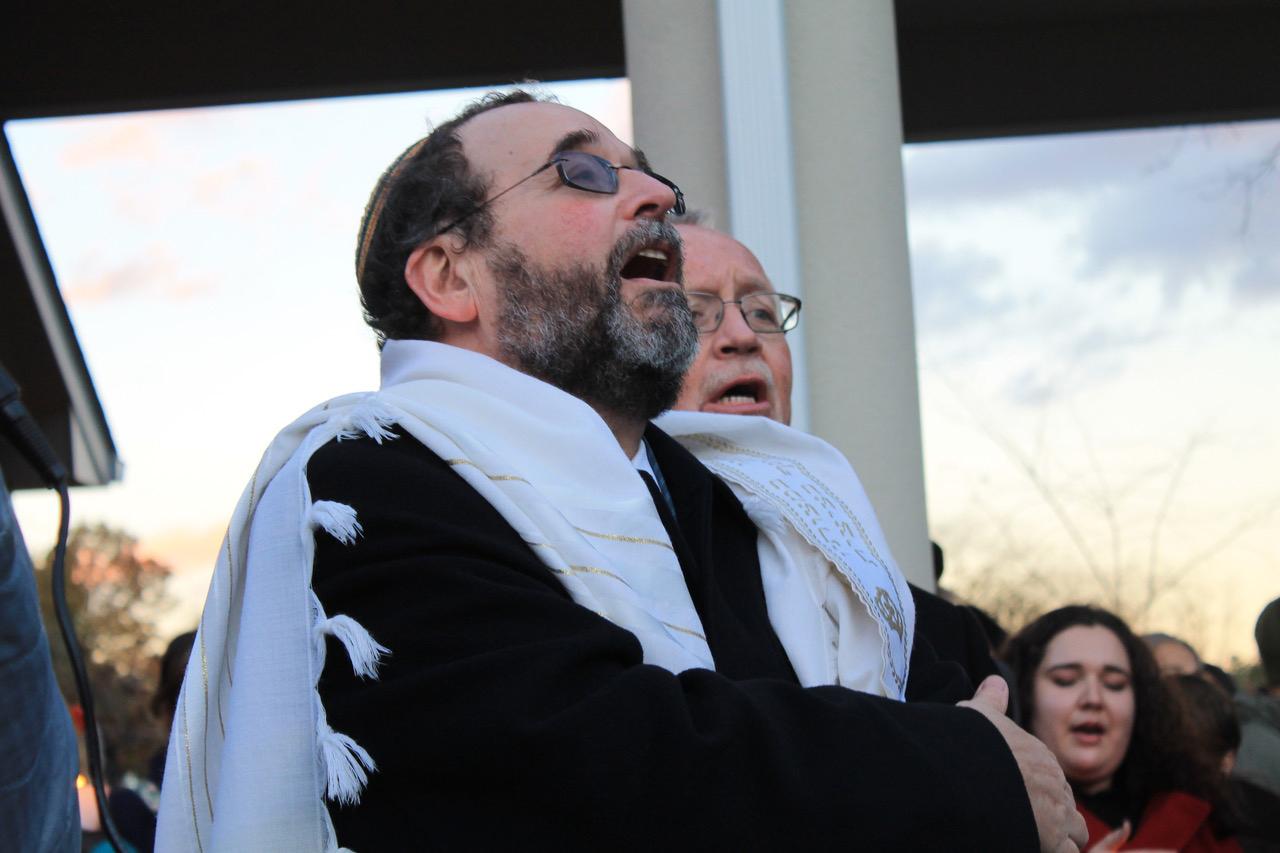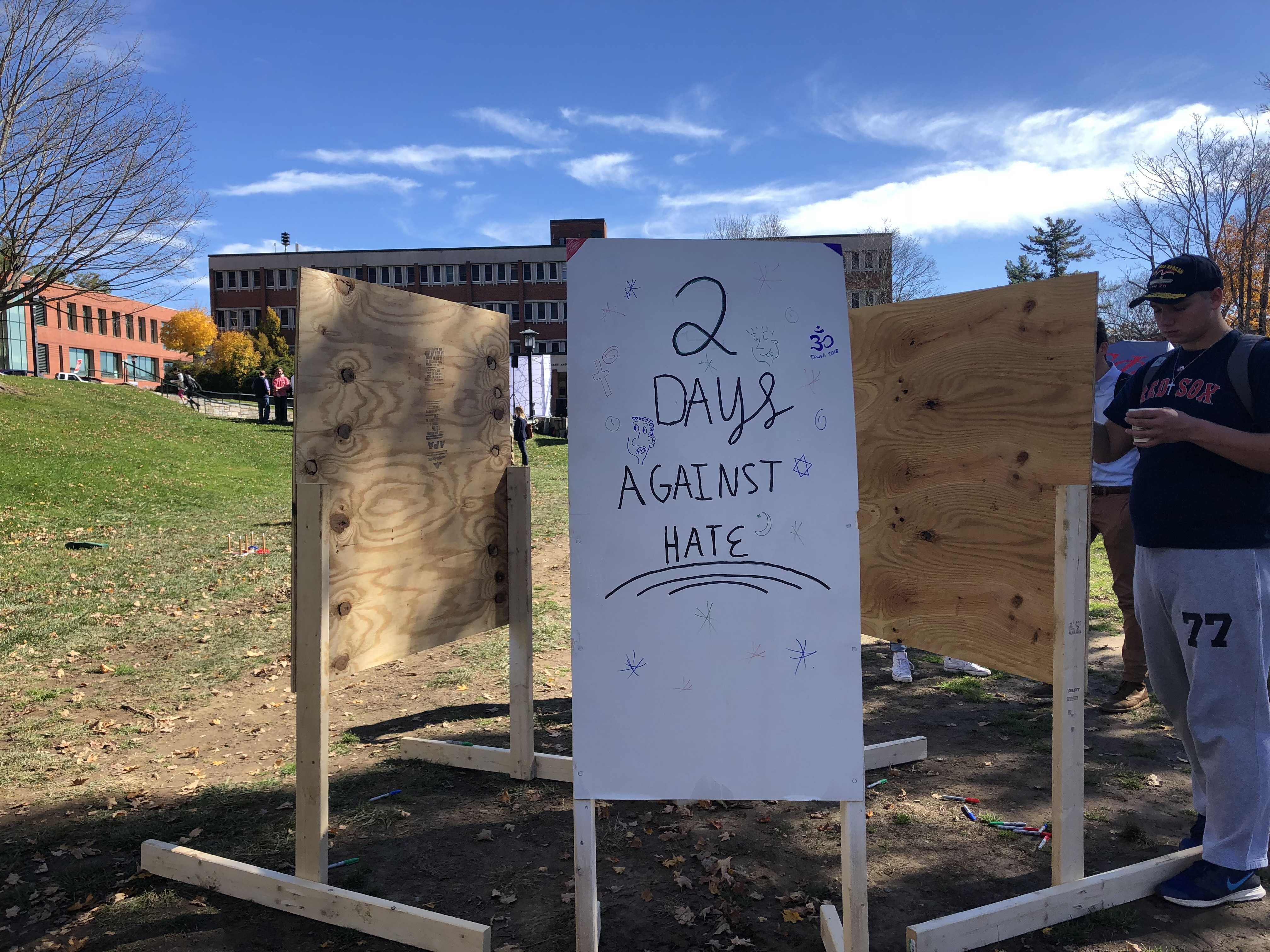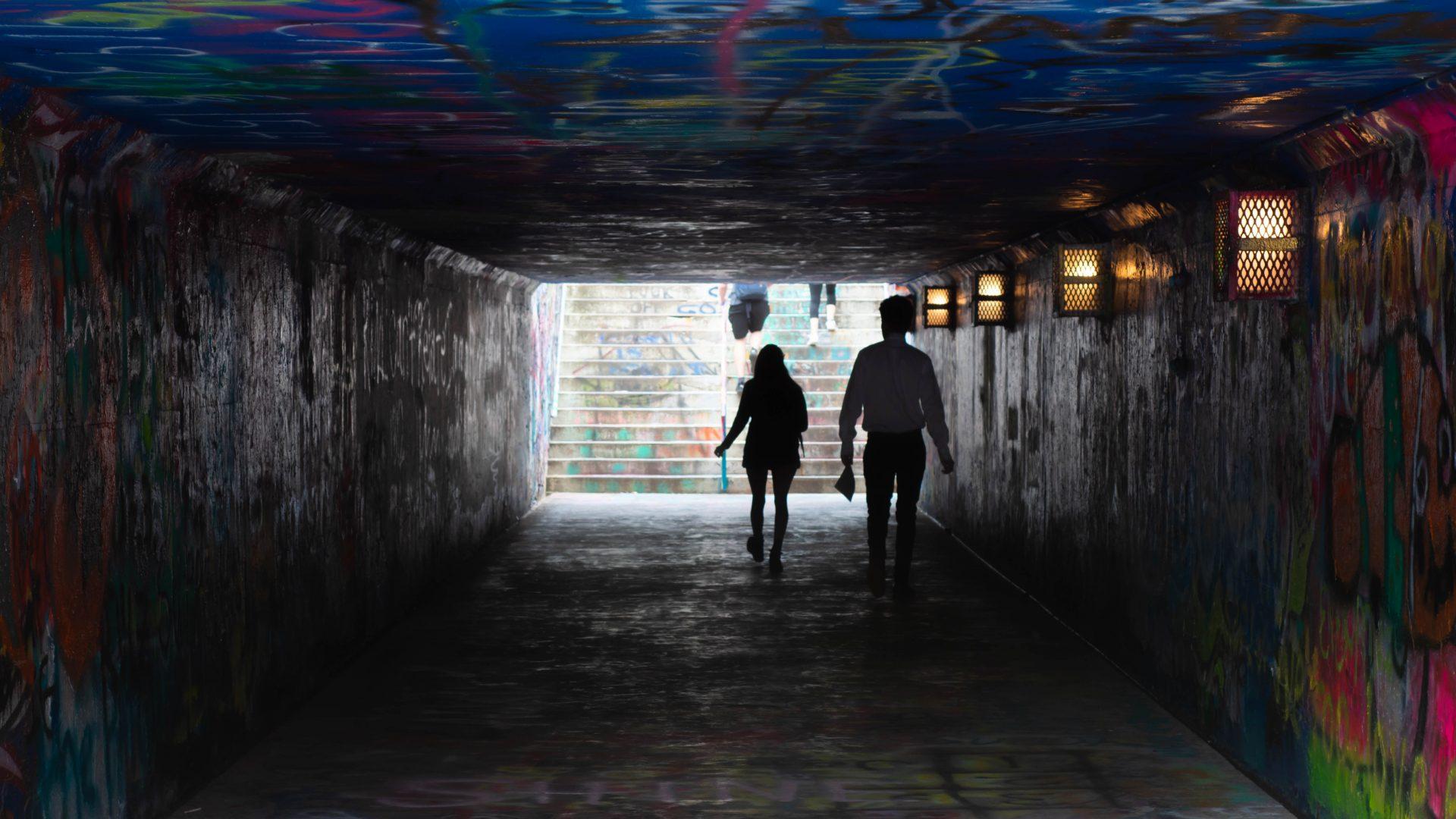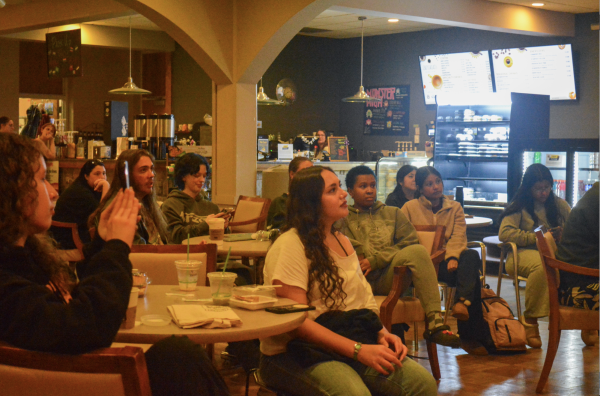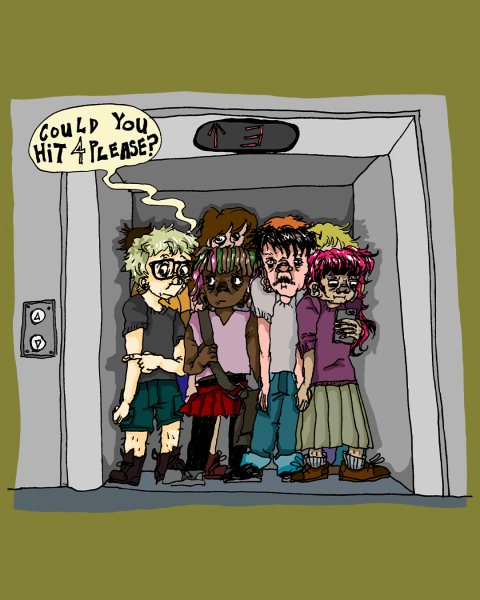Anti-Semitism on college campuses on the rise, App State student leaders fight back
Hudson Miller is the president of Alpha Epsilon Pi. He is also a SOUL leader and a member of the Chancellor’s Student Advisory Board for Diversity Recruitment and Retention on campus.
February 11, 2021
As anti-Semitism rises exponentially on college campuses across the country, App State student leaders are working to combat it.
A plethora of incidents, including a swastika painted in an expression tunnel at App State, hateful flyers at the University of California Berkeley and a vandalized menorah at Penn State, have contributed to religion-based hate crimes on college campuses doubling between 2009 and 2017.
Hillel, a Jewish student organization with chapters worldwide, determined there were 178 anti-Semitic incidents on North American college campuses during the 2019-20 academic year – an all-time high.
“People are just fully unaware. People don’t even realize the scale,” said Aaron Carpenter, a founder and former president of Alpha Epsilon Pi, a Jewish fraternity, at App State.
Carpenter, also a student representative for North Carolina Hillel, said that some Jewish people feel they need to hide who they are, adding that those who are “overtly Jewish” are targeted the most often.
Hudson Miller, the current president of AEPi, said many of his fraternity brothers keep their kippahs, a head cloth worn by Jewish men, in their backpacks because “they’re afraid” to wear it on campus.
“Nobody wants to hide their identity, but when we don’t do that look what happens,” said Carpenter.
Sydney Francis, the president of Appalachian State Hillel, was a freshman when the message “Heil Hitler the Holocaust was a good thing” and a swastika was painted in an expression tunnel below Rivers Street.
Less than an hour after it was discovered, Francis said she and her friends painted a Star of David over it. Francis reached out to school officials, hoping for a strong condemnation of anti-Semitism at App State. She said the school response was inadequate, only denouncing hate in general and not mentioning anti-Semitism.
“Giving a vague response against hateful actions or hateful words – that doesn’t make anyone feel better,” Francis said.
Megan Hayes, chief communications officer, said the Oct. 2 statement was part of a “multi-dimensional response” with a greater focus on assisting Jewish students, faculty and staff who needed support.
“We are very intentional about communications in order not to lend legitimacy and publicity to acts or speech that might intensify,” wrote Chancellor Everts in the statement. “College campuses are often targets for outside groups that seek a broader venue.”
In addition to a statement from Chancellor Sheri Everts, university officials met with App State and North Carolina Hillel members and sent messages to administration and department officials with guidance for supporting the Jewish community. App State SGA and the Center for Judaic, Holocaust and Peace Studies also released statements about the incident.
“App State has a long, well-established and highly valued relationship with the local Jewish community, which has resulted in many collaborative efforts that not only provide great educational value, but also help foster a supportive environment for our Jewish students, faculty and staff,” said Hayes.
In 2017, white supremacists from a neo-Nazi group spread hate on campus, weeks after a white supremacy rally in Charlottesville, when they hung a banner off the Rivers Street bridge that told people to “Get Active.”
Francis said that on an institutional level, universities should do more to educate students on anti-Semitism.
“The university has a duty to take a stance against racism and anti-Semitism and sexism and homophobia and really call it out for what it is and call out specific behaviors rather than having students step up and do it themselves,” said Francis.
Carpenter said fighting anti-Semitism might be considered problematic at times because the Jewish population is small compared to the rest of the population. Globally, there are roughly 14.7 million Jewish people and 5.7 million in the United States.
“Even when our voices come together, our voices aren’t loud enough,” said Carpenter.
On an individual level, Miller said people can do better by listening to Jewish students and working to advance their messages and causes, emphasizing how important it is to be heard.
Carpenter, who also serves on the Chancellor’s Student Advisory Board for Diversity Recruitment, said he is working with Willie Fleming, App State chief diversity officer, to include anti-semitism in discussions about fostering a more equitable environment on campus.
Fleming, who Carpenter said has always been supportive, said his first commitment to the Jewish community is the safety of students, faculty and staff. With the connections the university has with North Carolina Hillel and the Anti-Defamation League, Fleming said the goal is to “create comprehensive strategies” to better educate, prevent and respond to hate incidents on campus.
The chief diversity officer said that “greater communication” is a key to combating anti-Semitism. Fleming said individuals can do better by checking in with Jewish friends and “be open to learning about anti-Semitism” by attending events hosted by Alpha Epsilon Pi, Hillel and the Center for Judaic, Holocaust and Peace Studies.
“I think education is the root of everything. Underexposure is undereducation,” said Carpenter. “You can either be exposed by knowing people or be exposed by knowing their struggles.”

